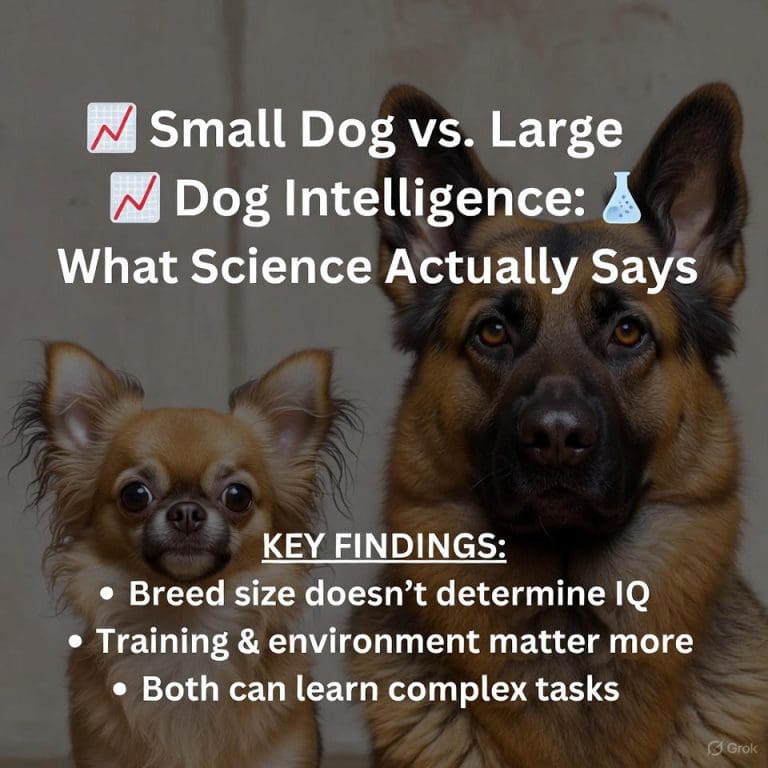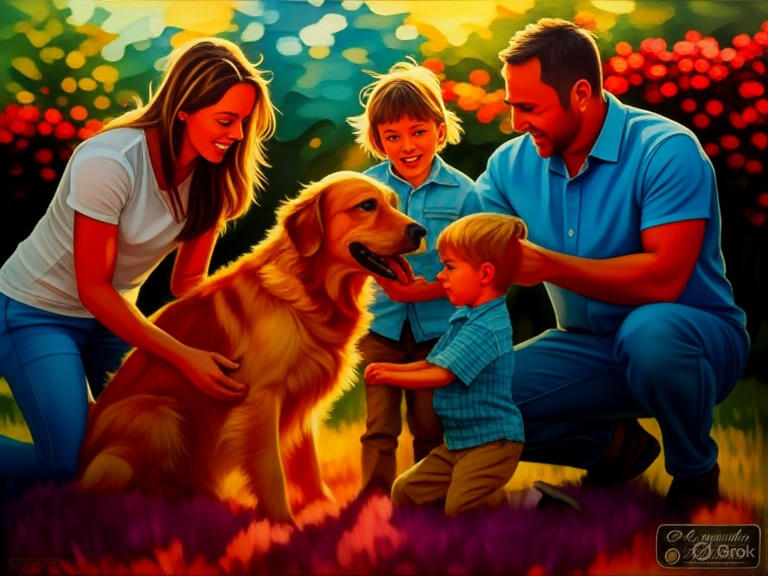How Age Affects Dog Intelligence and Learning Abilities
As dog owners, we cherish the moments of watching our furry friends learn new tricks, solve puzzles, and engage with the world around them. Just like humans, dogs’ cognitive abilities evolve over time, and understanding how age affects their intelligence and learning can help us provide the best care for our beloved pets. In this blog, we’ll explore the various stages of a dog’s life, how their intelligence and learning abilities change, and tips on keeping their minds sharp as they age.
Note: All dogs can learn at any age and it is never too late to start, improve, or get dogs back on track. Where behavior issues “in general” will take longer to correct the longer they have been going on. Just like us we can all break bad habits but “in general” the longer you have a bad habit the longer it will take to break.
The Puppy Stage: Rapid Learning and Adaptation
Puppies are like little sponges, absorbing new information and experiences at a remarkable rate. During the first few months of life, a puppy’s brain develops rapidly, making this an ideal time for socialization and basic training.
Tips for Training Puppies:
1. Marker Training: Use treats, praise, and play to encourage good behavior.
2. Short Sessions: Puppies have short attention spans, so keep training sessions brief and fun.
3. Consistency: Establish a routine and be consistent with commands and expectations.
Adolescence: Testing Boundaries and Refining Skills
As puppies transition into adolescence (around 5 months to 2 years), they may start testing boundaries and exhibiting more independence. This stage can be challenging, but it’s also a critical period for reinforcing training and building on the foundations laid during puppyhood.
Tips for Training Adolescent Dogs:
1. Patience: Be patient and persistent, as adolescent dogs may test limits.
2. Advanced Training: Introduce more complex commands and activities to keep their minds engaged.
3. Socialization: Continue socializing your dog with other dogs and people to build confidence and good behavior.
Adulthood: Peak Cognitive Abilities
Adult dogs (typically 2 to 7 years old) are at their cognitive peak. They have the energy and mental capacity to learn new tricks, solve problems, and engage in complex activities. This is a great time to introduce agility training, advanced obedience, and other mentally stimulating activities.
Tips for Training Adult Dogs:
1. Challenge Them: Keep their brains active with puzzle toys, agility courses, and more obedience commands/new tricks.
2. Consistency: Maintain a consistent training routine to reinforce good behavior.
3. Variety: Introduce variety in their activities to prevent boredom.
Senior Dogs: Slowing Down but Still Learning
As dogs enter their senior years (around 7 years and older, depending on the breed), their cognitive abilities may begin to decline. Senior dogs might show signs of slower learning, decreased problem-solving skills, and memory loss. However, with the right approach, you can still keep their minds active and engaged.
Tips for Training Senior Dogs:
1. Gentle Training: Use gentle, positive reinforcement methods that are easy on their bodies and minds.
2. Mental Stimulation: Continue providing mental stimulation with simple puzzle toys and low-impact activities.
3. Routine: Maintain a routine to provide a sense of stability and security.
Keeping Your Dog’s Mind Sharp
Regardless of age, there are several ways to keep your dog’s mind sharp and engaged:
1. Interactive Toys: Use toys that challenge their problem-solving skills.
2. Training: Regularly engage in training sessions, even with well-trained dogs, to reinforce commands and introduce new ones.
3. Socialization: Keep your dog socialized with other dogs and people to promote mental stimulation.
4. Healthy Diet: Provide a balanced diet that supports overall health and cognitive function.
5. Veterinary Care: Regular check-ups can help identify and manage age-related cognitive decline early.
Conclusion
Understanding how age affects your dog’s intelligence and learning abilities allows you to tailor your training and care to their specific needs. By providing appropriate mental stimulation, consistent training, and a loving environment, you can help your dog maintain their cognitive abilities and enjoy a fulfilling life at every stage.
Remember, each dog is unique, and their aging process can vary. Pay attention to your dog’s behavior and adapt your approach to best support their mental and physical well-being. With the right care, your furry friend can continue to thrive, learn, and enjoy their golden years to the fullest.






